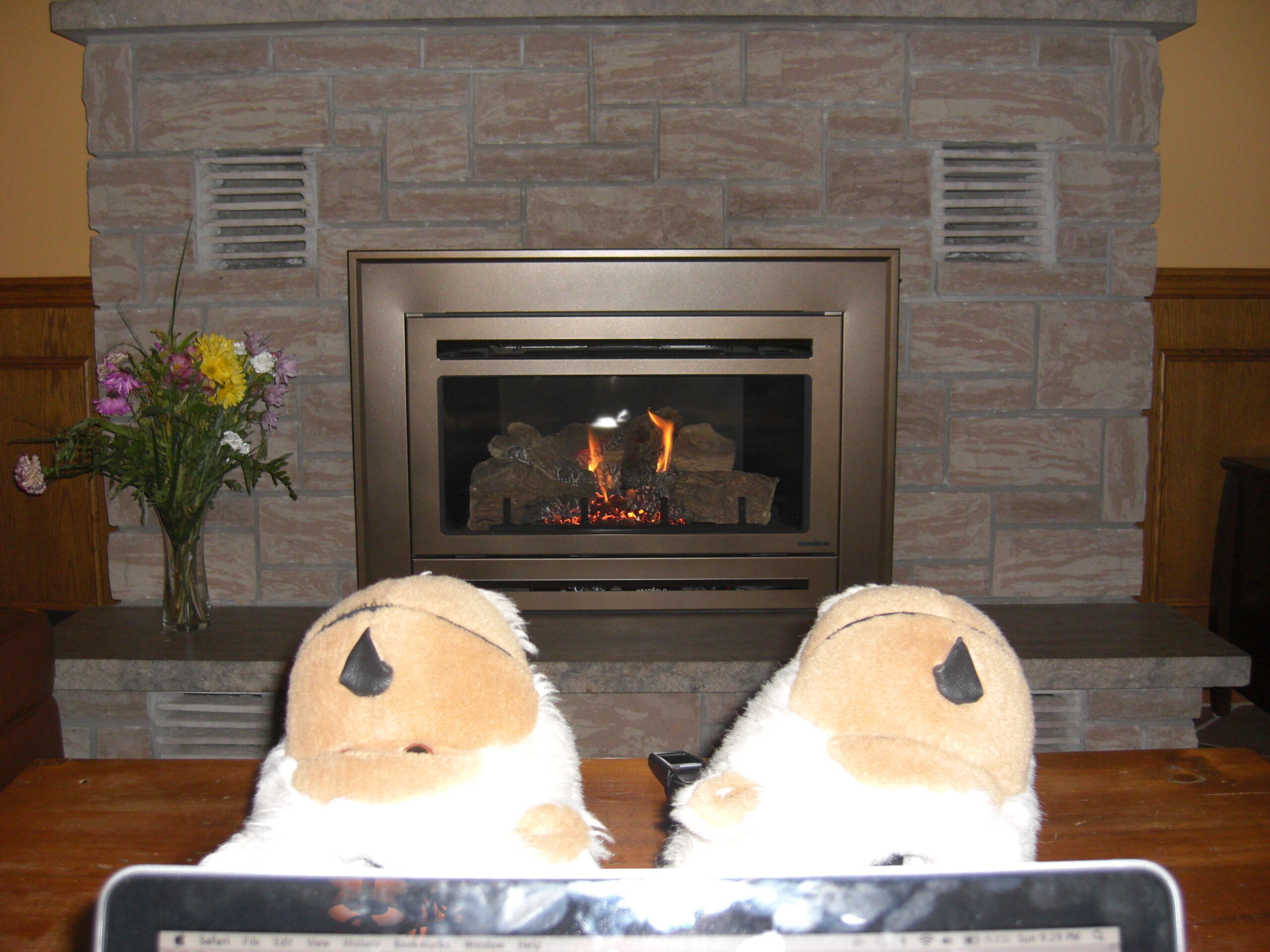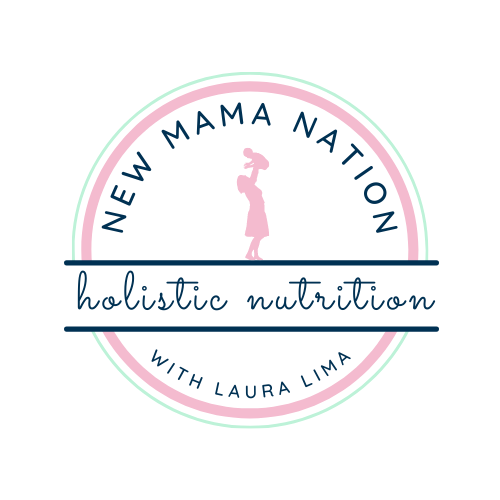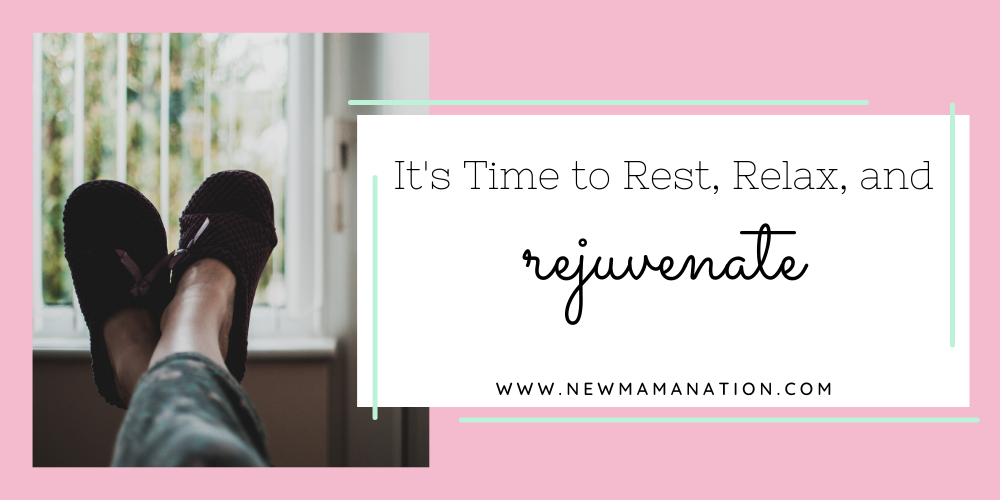Take a deep breath… in slowly, and then let it all the way out. Ahhhhhhh. (That was a relaxed sigh, not a scream. :)) Now that is relaxation.
I don’t know if you like me on Facebook or follow me on Twitter, but if you do, you know that I’ve recently finished a 3-day juice cleanse. In light of that, this here blog post is all about giving your body time to rest, relax, and rejuvenate. It shouldn’t only be done during detox days (say that five times fast), but on an ongoing basis, all the time.
Just why is relaxation so important? Well, for starters, in our go-go-go society, we are almost always in a fight or flight state. That means that we’re constantly on high alert, ready to run away from the bear that is about to chase us. Well, that’s what a caveman would be ready for, anyway. Our body puts us in this fight or flight state when it senses danger; a more modern example would be if a car cuts us off on the highway, and an immediate response from us is needed. Your brain is put on high alert so you can navigate the road and decide what your best option is (and this is all done within a millisecond). Your heart rate and breathing speed up, and perhaps your palms and feet get sweaty, as well as your underarms (unless you wear antiperspirant instead of deodorant, in which case they may not. Tsk tsk.). Your blood flow is directed away from the digestive system, because digestion is of least importance when you’re faced with a life or death situation. Instead, blood flow is redirected to your brain, so you can make smart decisions quickly, as well as toward your muscles, so you can fight or run if necessary (like, if that bear was chasing you). And, your blood sugar level rises to ensure lots of energy (to run away from said bear). All of the above reactions happen to me when I see an insect (a spider or especially a centipede… uuuggghhh I shudder at the mere thought); that’s all it takes to stimulate my fight or flight response. These reactions are all caused by adrenaline being released from your adrenal glands, also known as your stress glands.
The above represents the “alarm” phase of our stress response; the next phase is the “resistance” phase, followed by the “exhaustion” phase. These phases are all part of what was named (by scientist Hans Selye), as the General Adaptation Syndrome. During the resistance phase, our body continues to try to deal with and fight off the stressor. This stage is necessary when we’re faced with danger, but it becomes dangerous if we stay here for too long. Finally, exhaustion kicks in when we can no longer adequately deal with or adapt to stress. In this phase, any minor additional stressors can have a majorly negative impact on us, and in the worst case scenario, can even kill us.
I know I know; we’re not always faced with a life or death situation. So, how does this relate to our everyday life? Well, unfortunately, so many of us are in a constant stressed out state because our adrenal glands constantly secrete adrenaline. Caffeine is a mental and physical stimulant, which further strains our body. Also, a high-stress job or lifestyle can cause us to always be on edge, also increasing adrenaline production. As written in Fats that Heal Fats that Kill by Udo Erasmus, even things like cold, heat, noise, overexertion, mental and emotional stress, forced physical restraint, injury, sensory overload, toxic chemicals, x-ray and other radiation, deprivation of food or love, overeating, and pregnancy, can cause a similar response in the body. Oh, those poor, poor adrenals. When our body is under prolonged stress, a tremendous strain is placed on many organ systems, primarily the heart, blood vessels, adrenals, and immune system. This, in turn, can cause a weakening of these organ systems. This is part of how, physically, stress plays a role in disease.
The following are risk factors associated with stress (taken right from the Encyclopedia of Natural Medicine by Michael Murray and David Pizzorno): angina, asthma, autoimmune diseases including rheumatoid arthritis, cancer, heart disease, the common cold, depression, type 2 diabetes, headaches, high blood pressure, immune suppression, irritable bowel syndrome (IBS), menstrual irregularities, PMS, ulcerative colitis, and ulcers. Wow.
Of course we can’t just simply choose to work less, or give away our kids, but we can change how we respond to and handle stress. Every so often, give yourself a time-out; close your eyes, take a few deep breaths, and try to clear your mind. It’s like pressing the reset button on your body, and it doesn’t require any work. In fact, it’s quite relaxing. Further, try to imagine life for what it is: enjoyment, family, friends, good times, happiness, etc. This is what I call the grand scheme of things. When a stress trigger happens (let’s say, you forgot your report on your kitchen table, and you’ve just arrived at work, where you must present said report), first, take a deep breath, and then see it for the not-big-deal that it really is. You’ll go back home, enjoy a few extra songs on the radio, and then come back, report in hand. There are worse things, no?
In terms of our food and beverage intake, stimulants should be reduced to a minimum, as they put us into an overactive, hyper state that mimics the fight or flight response in our body. They include caffeine, alcohol, and “white” foods (sugar, flour, rice). Really, any sugar can act in this way, so eliminate it as much as possible. Yes, all of this means basically any and all junk foods. Instead, focus on consuming whole foods, such as high-fibre, complex carbs, vegetables and fruits, good sources of protein, and healthy fats.
Finally, we must make time for ourselves. Take a bath, read a book, go for a walk, lay on the couch, cook your favourite recipe. Do something, anything, that you love and that makes you feel good. Aim for at least once everyday, and if that sounds impossible, then a few times per week. This kind of resting and relaxing will allow our body to rejuvenate. We must make time for ourselves in this fast-paced world; otherwise, we just won’t enjoy it as much. And what’s the fun in that?

Those are my slippered feet up on the coffee table as I wrote this blog post, in front of the fire, with my (very fingerprint-y) computer on my lap. That, to me, is relaxation.
References
1. Erasmus, Udo. Fats that Heal Fats that Kill. Alive Books, British Columbia (1993): 185-186.
2. Murray, Michael, N.D., and Joseph Pizzorno, N.D. Encyclopedia of Natural Medicine. Three Rivers Press, New York (1998): 175-178.

